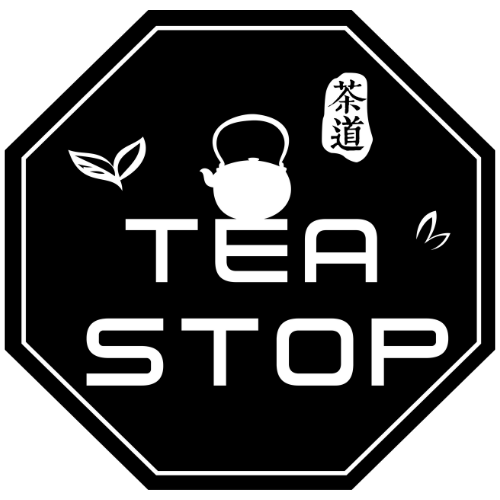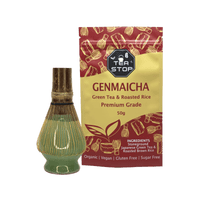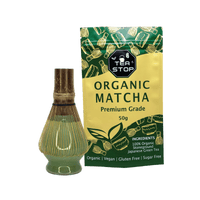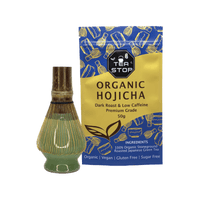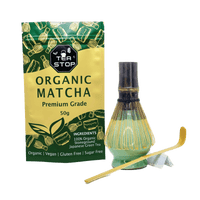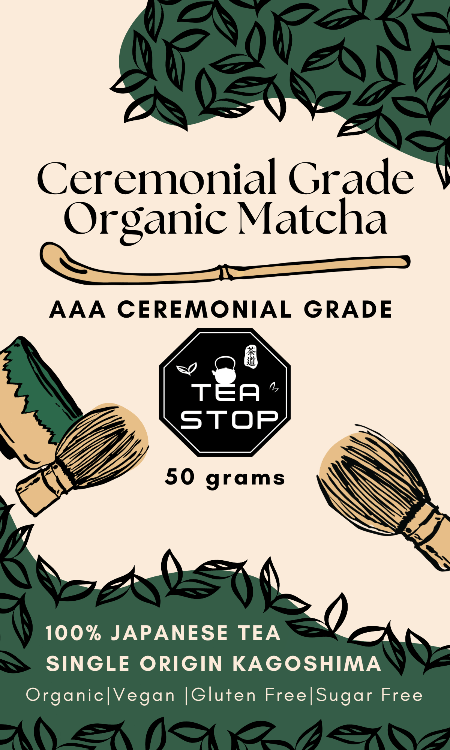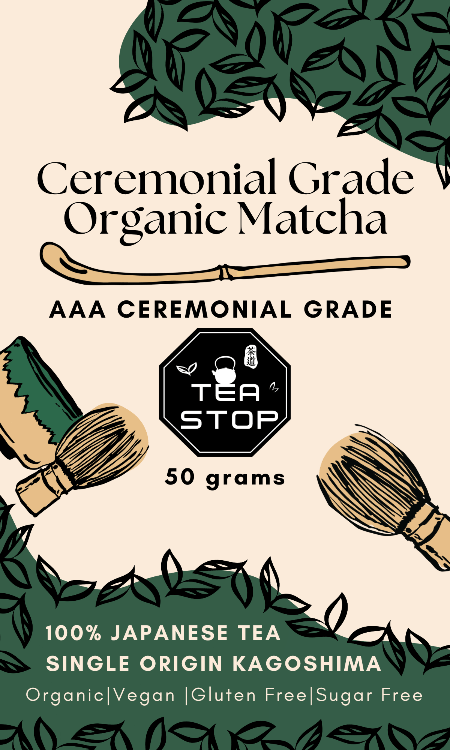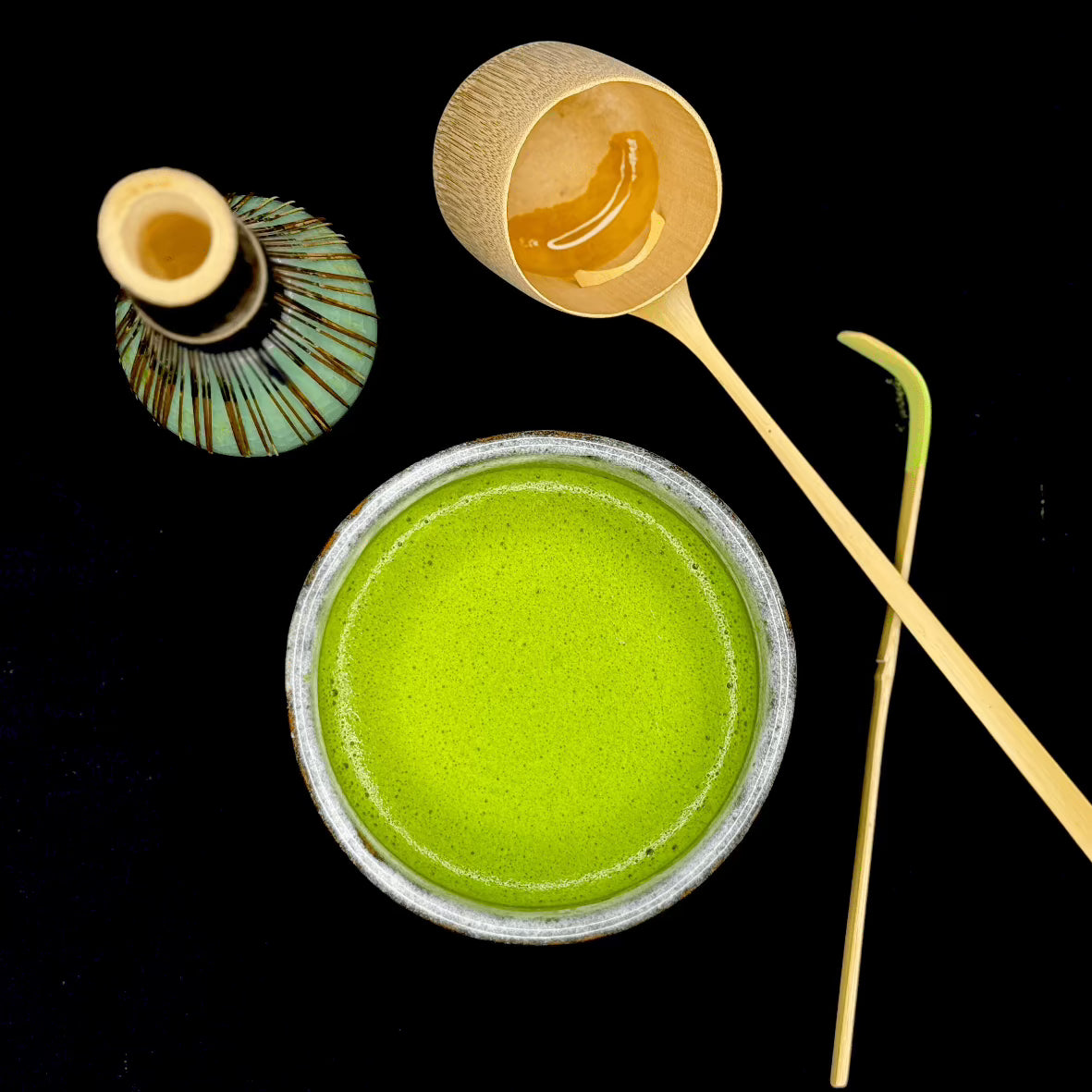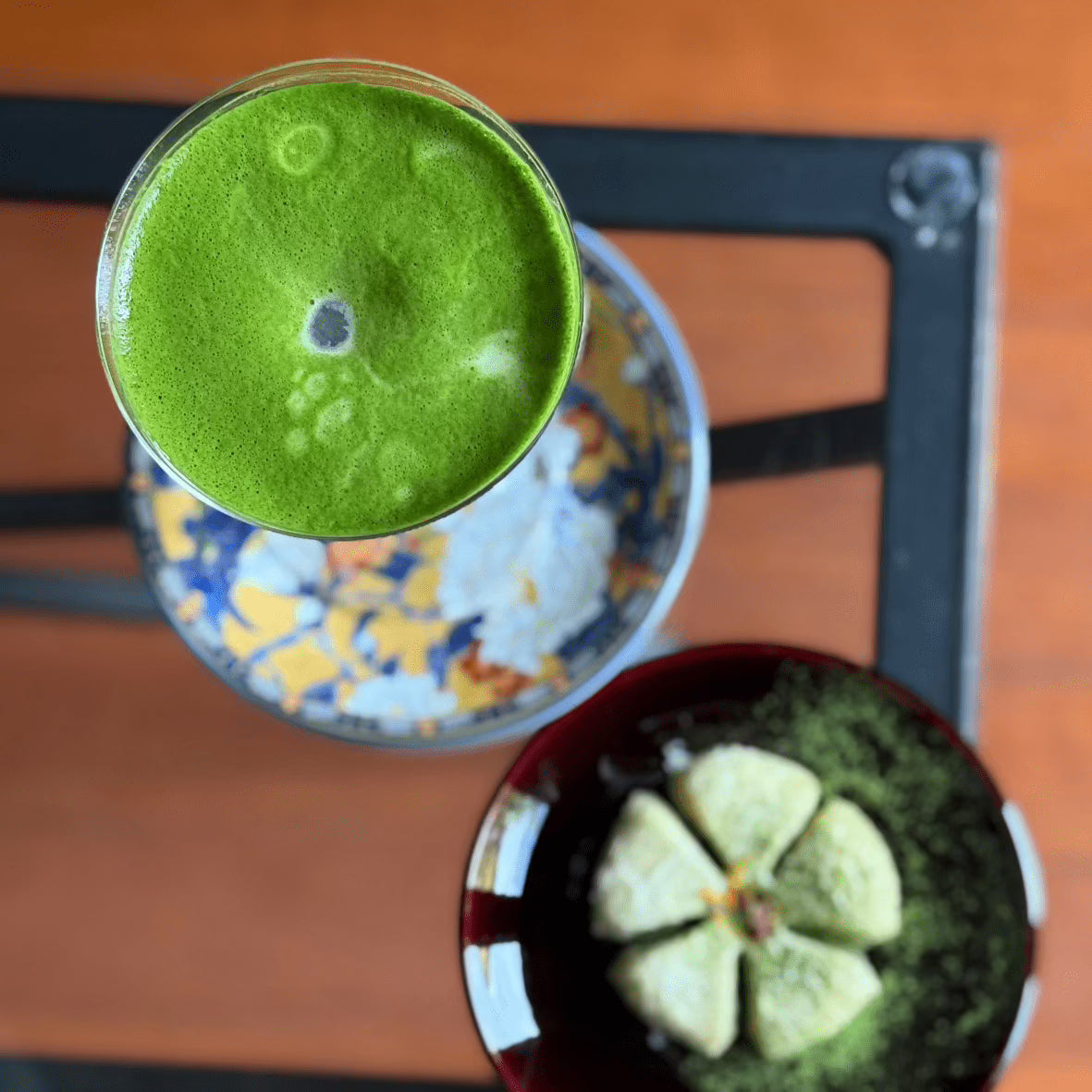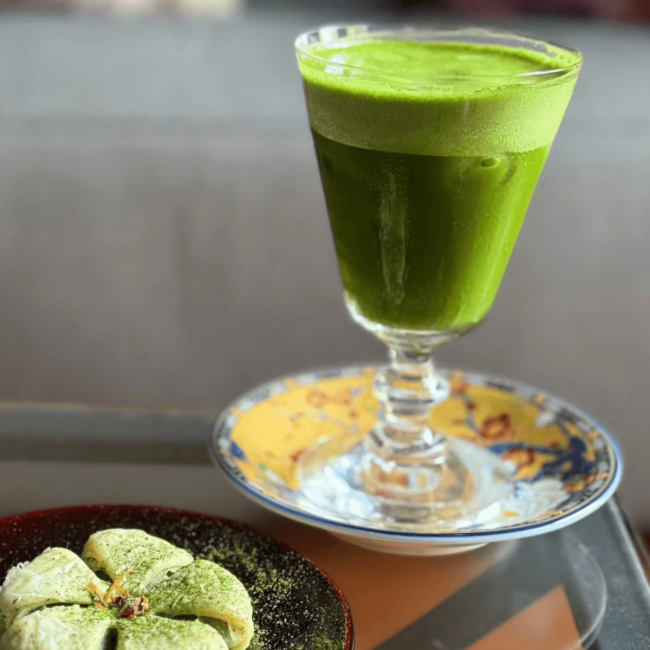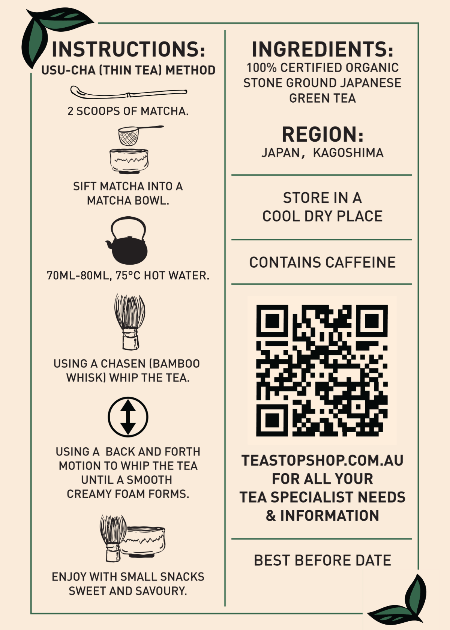
From Leaf to Cup: The Journey of Organic Tea Production - Hand-Blending for Quality
Share
The journey of organic tea production from leaf to cup is a complex and fascinating process that captures the essence of nature's purity and craftsmanship. This article explores the world of organic tea, where each step in the production process is carefully curated to preserve the natural qualities of the tea leaves. A significant highlight is hand-blending, a technique that goes beyond mere mixing to create a symphony of flavors and aromas, ensuring that each sip delivers the highest quality experience.
This exploration into organic tea production will shed light on the intricate practices involved, with a focus on how hand-blending techniques enhance tea quality. As we unravel this journey, you'll gain insights into why organically produced teas are cherished for their unique taste and sustainable benefits.

1. Understanding Organic Tea Production
Organic tea production is a careful process that focuses on being environmentally friendly and producing high-quality tea. Unlike traditional methods, organic tea farming puts importance on using natural methods and taking care of the environment.
Definition of Organic Tea Production
Organic tea production involves growing and processing tea without synthetic fertilizers, pesticides, or genetically modified organisms (GMOs). This approach ensures that the tea remains pure, preserving its natural flavors and health benefits. By following strict organic guidelines, producers maintain top-notch teas while also protecting the ecosystem. You can find a variety of these high-quality organic teas at Tea Stop Shop.
Differences from Conventional Tea Farming Practices
Conventional tea farming often relies on chemical inputs to increase yield and control pests. These practices can lead to soil degradation, water pollution, and loss of biodiversity. On the other hand, organic farming methods use natural ways to control pests and organic fertilizers to improve soil health. Techniques such as crop rotation and intercropping support the growth of healthy tea plants without harming the environment.
The Importance of Sustainable Practices in Organic Tea Production
Sustainability is a key principle in organic tea farming. Using sustainable agricultural practices helps in the following:
- Preserving Ecosystems: By avoiding harmful chemicals, organic farming supports wildlife habitats and promotes biodiversity.
- Enhancing Soil Health: Natural composting methods improve soil structure and fertility, leading to more robust tea plants.
- Reducing Carbon Footprint: Organic farming minimizes energy use through manual labor and renewable resources.
Benefits of Sustainable Agriculture for the Environment and Tea Quality
The dedication to sustainable agriculture not only protects the Earth but also improves the quality of tea:
- Flavor Profile: Organic teas often have a richer taste due to the absence of chemical residues.
- Nutritional Value: Retaining natural nutrients results in healthier beverages.
- Consumer Trust: Knowing that their favorite brew is produced ethically assures consumers of their choice's positive impact.
By understanding these fundamental aspects, we can see how organic tea production supports environmental protection and high-quality standards. For those who appreciate this journey from farm to cup, Tea Stop Shop offers a range of sets that showcase these premium organic teas. To enjoy these brews at their best, investing in quality teaware is essential. And for those who love to accessorize their tea experience with unique items, Tea Stop Shop provides an array of options.
2. The Process of Organic Tea Production
Seed Selection and Planting Techniques in Organic Tea Cultivation
The journey of organic tea begins with careful seed selection and planting techniques. Certified organic seeds play a crucial role in ensuring the health and vitality of tea plants. These seeds are free from synthetic chemicals, pesticides, and genetically modified organisms (GMOs), aligning with the principles of organic farming. Selecting certified seeds guarantees that the foundation of tea cultivation adheres to sustainability and environmental responsibility.
Planting techniques also emphasize natural growth processes. Crop rotation is often employed to maintain soil fertility and prevent pest infestations without chemical interventions. Companion planting, where different plant species are grown together, can enhance nutrient availability and protect tea plants naturally.
Harvesting and Processing Methods for High-Quality Tea Leaves
The timing of harvest significantly influences the quality and flavor profile of organic teas. Hand-picking is a common practice in organic tea production as it allows for the careful selection of only the finest leaves. This meticulous method prevents damage to the plants and ensures that only top-quality leaves are harvested.
Minimal processing is a hallmark of organic tea production, aiming to preserve the natural flavors and nutritional benefits of the leaves. Unlike conventional methods that may involve extensive processing or artificial enhancements, minimal processing relies on traditional techniques such as withering, rolling, oxidation, and drying. These methods help maintain the integrity of the tea's flavor while adhering to organic standards.
By focusing on seed selection, sustainable planting techniques, and gentle processing methods, organic tea producers can create high-quality teas that reflect both environmental stewardship and a commitment to excellence. This dedication ensures that each cup offers a rich tapestry of flavors while supporting ecological balance.
3. Hand-Blending in Organic Tea Production
The Importance of Hand-Blending in Organic Tea Production
Hand-blending is a crucial step in organic tea production, transforming it into an art form that combines skill, intuition, and a deep understanding of flavors. This artisanal practice enables tea producers to create unique flavors that distinguish their offerings from the rest. Through careful selection and combination of tea leaves and ingredients, hand-blending ensures each batch is tailored to provide a harmonious taste experience.
Creating Complex Flavors with Hand-Blending Techniques
Hand-blended teas are crafted by meticulously mixing different tea varieties or adding botanicals such as spices, herbs, and flowers. This process allows for the creation of complex flavor profiles that cannot be achieved through machine blending. The significance of hand-blending lies in its ability to preserve the subtle nuances of each ingredient, enhancing the overall flavor depth and aromatic qualities of the tea.
Ensuring Quality Control in Organic Teas through Hand-Blending
The tea process involves stringent quality control measures, particularly when it comes to hand-blending. Each blend undergoes rigorous testing to ensure consistency in taste, aroma, and appearance. This level of quality assurance is vital for maintaining the premium standards expected from organic teas. By using hand-blending techniques, producers can make precise adjustments to each batch, ensuring uniformity while also allowing room for creative expression.
Maintaining Consistency and Excellence with Attention to Detail
Attention to detail is paramount during the blending process. Skilled blenders rely on their expertise to assess the characteristics of each component—such as leaf size, color, and moisture content—before combining them into a cohesive blend. This meticulous approach not only guarantees consistency but also elevates the quality of organic teas. With each handcrafted blend, consumers are assured a delightful sensory experience with every sip.
By embracing these artisanal blending practices, organic tea producers can offer teas that are not only flavorful but also align with sustainable and ethical production principles.

4. Ethical Sourcing and Environmental Responsibility in Organic Tea Production
In the world of organic tea production, ethical sourcing and a commitment to the environment are paramount. Fairtrade practices play a crucial role in ensuring that tea production is not just about the end product but also about the well-being of those who cultivate it.
Commitment to Fair Trade Practices
- Social Responsibility: Fair trade practices ensure that farmers receive fair compensation for their labor, which promotes equity and sustainability in the tea industry.
- Empowering Farmers: By building direct relationships with farmers, tea producers can ensure that these essential contributors to the tea-making process are not only fairly compensated but also have a voice in how their products are developed and marketed.
Innovations in Eco-Friendly Packaging
The shift towards sustainable practices extends beyond cultivation to packaging. Tea producers are increasingly turning to eco-friendly packaging solutions to minimize their environmental impact:
- Reducing Waste: Using sustainable packaging materials, such as biodegradable or recyclable options, helps in reducing waste. This innovation is vital for minimizing the carbon footprint associated with traditional packaging methods.
- Consumer Awareness: Educating consumers about the benefits of eco-friendly packaging encourages more sustainable purchase decisions, creating a ripple effect that supports environmental responsibility.
Ethical sourcing and environmentally responsible practices not only elevate the quality of organic teas but also contribute significantly to broader sustainability goals. This conscientious approach ensures that every cup of tea is steeped in both quality and care for our planet.
5. The Journey from Leaf to Cup: Brewing and Enjoying Organic Teas with Quality Assurance
The final step in the journey of organic tea from leaf to cup involves brewing, where meticulous techniques are essential for unlocking the full potential of the tea's rich flavors and aromas. For those who treasure quality, mastering the art of brewing is as rewarding as it is crucial.
Recommended Brewing Methods for Optimal Flavor Extraction:
To experience the depth and nuance of organic teas, consider these recommended brewing techniques:
- Loose Leaf Tea Over Tea Bags: Opt for loose-leaf tea to allow the leaves adequate space to unfurl and release their full flavor profile.
- Use Fresh, Filtered Water: The quality of water significantly impacts taste. Always use fresh, filtered water to ensure purity in every sip.
- Proper Steeping Equipment: Invest in a good-quality teapot or infuser that allows ample room for the leaves to expand.
Temperature Control and Steeping Time Considerations:
Different varieties of organic teas require unique temperature settings and steeping times to bring out their best characteristics:
- Green Tea: Often delicate, green teas thrive at lower temperatures (around 70-80°C). Steep for about 2-3 minutes to prevent bitterness.
- Black Tea: Enjoys a hotter brew (90-100°C) and can be steeped for 3-5 minutes, enhancing its robust flavor.
- White Tea: Prefers a gentle touch with temperatures around 75-85°C. A longer steeping time of 4-5 minutes is ideal for extracting its subtle notes.
- Herbal Teas: Generally more forgiving, herbal blends benefit from boiling water and can steep anywhere between 5-7 minutes.
Each step in this brewing process respects the craftsmanship involved in hand-blending organic teas. By adhering to these guidelines, you not only honor the artistry behind your cup but also guarantee an authentic tasting experience that reflects both quality assurance and environmental responsibility.
Conclusion: Embracing Quality and Sustainability through Hand-Blended Organic Teas
Choosing organic teas crafted with care offers immense benefits to both consumers and producers. Quality assurance in organic tea production ensures that each cup is not only delightful but also supports a healthier ecosystem. Hand-blending techniques elevate the tea experience, creating intricate flavors that reflect the dedication to excellence.
For consumers, embracing organic teas means enjoying a beverage free from synthetic additives and pesticides, preserving natural taste profiles. For producers, it represents a commitment to sustainable agriculture, promoting environmental stewardship and ethical practices.
The journey from leaf to cup is about more than just flavor—it's about aligning with values that prioritize planet-friendly farming and fair treatment of workers. As we sip on hand-blended organic teas, we partake in a global movement towards quality and sustainability, making each brew an act of mindfulness and appreciation.
FAQs (Frequently Asked Questions)
What is organic tea production?
Organic tea production involves cultivating tea using sustainable agriculture and organic farming methods, which differ from conventional practices. This approach emphasizes the importance of environmental responsibility and the quality of the tea produced.
What are the benefits of sustainable practices in organic tea production?
Sustainable practices in organic tea production benefit both the environment and the quality of the tea. They promote biodiversity, reduce chemical usage, and enhance soil health, leading to healthier plants and superior flavor profiles.
How does hand-blending enhance the quality of organic teas?
Hand-blending is an artisanal technique that allows for the creation of unique flavors by carefully combining different tea leaves. This process ensures attention to detail, which is crucial for maintaining consistency and excellence in flavor.
What role does ethical sourcing play in organic tea production?
Ethical sourcing involves fair trade practices that ensure farmers receive fair compensation for their work. Building direct relationships with farmers fosters social responsibility and supports sustainable livelihoods within tea-producing communities.
What are the recommended brewing methods for organic teas?
Recommended brewing methods for optimal flavor extraction include controlling water temperature and steeping time according to the specific variety of tea. These factors significantly influence the final taste and aroma of the brewed tea.
Why should consumers choose hand-blended organic teas?
Choosing hand-blended organic teas made with care benefits both consumers and producers. It ensures a higher quality product while supporting sustainable farming practices that protect the environment and promote ethical standards in tea production.
